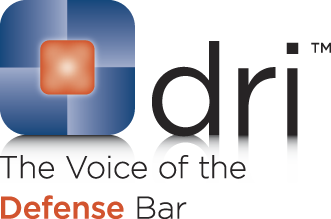Update 12/19/2014 Is A Commercial Truck Considered A “Passenger Car” For Purposes Of Disclosure Of Liability Policy Limits?
Sometimes I will get calls from my truck adjusters asking, “Do I have to disclose my insured’s policy limit?” I always tell them that that depends on where we are in the litigation.
Keep in mind that after suit is filed, the carrier must produce “[f]or inspection and copying as under Rule 34 any insurance agreement under which any person carrying on an insurance business may be liable to satisfy part or all of a judgment which may be entered in the action or to indemnify or reimburse for payments made to satisfy the judgment and any disclaimer or limitation of coverage or reservation of rights under any such insurance agreement.” Nevada Rule of Civil Procedure 16.1 (a)(1)(D). In other words, once suit is filed, you have no choice but to make available a copy of the declaration sheet and the policy.
But does this same rule apply before suit is filed? The answer to that question is, “Not for commercial trucks.”
N.R.S. 690B.042 (3) says that the insurer shall, upon request, immediately disclose to the insured or the claimant all pertinent facts or provisions of the policy relating to any coverage at issue. However, this forced disclosure statute applies only to “insurance covering a private passenger car.” Plaintiffs attorneys are generally not familiar with handling truck claims and they hope to use this statute to fool the the truck’s carrier into prematurely disclsoing its limits.
A truck carrier may choose to provide its limits in exchange for copies of medical reports, records and bills and require an update of those disclosures every 90 days, or, in the alternative, the truck carrier could get an authorization to release medical reports, records and bills. Copies of documents gathered by the carrier must be provided to the claimant within 30 days of their receipt, and the claimant is to pay the cost of the copies.
Plaintiffs’ attorneys are familiar with the statute and know how to force a disclosure of the auto policy limits. Don’t be surprised when they try to use it on you.
 Follow
Follow Email
Email


